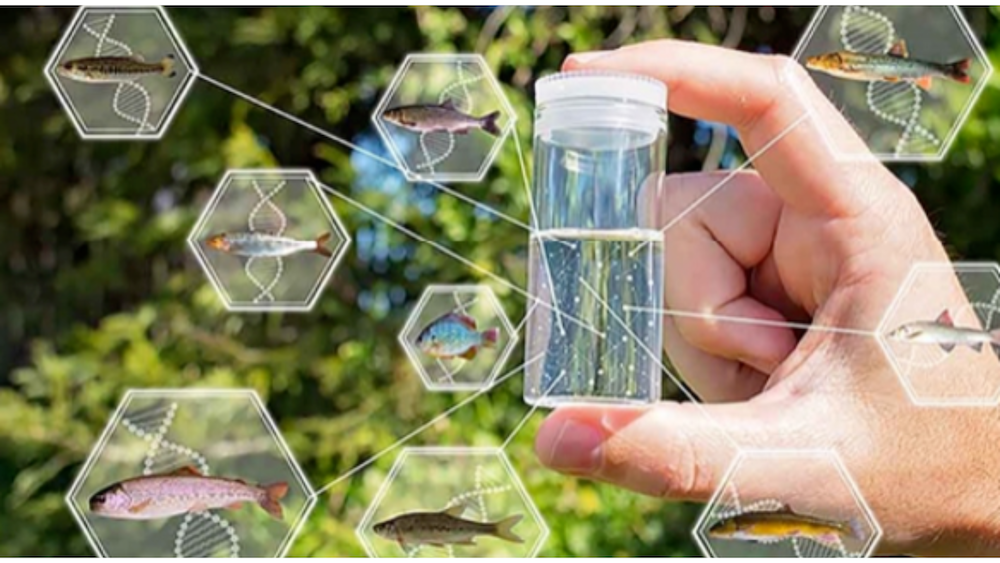The second part of a DNAqua-Net workshop on “Biomonitoring of aquatic ecosystems using genetic methods”, was hosted virtually by the Cyprus University of Technology and the Institute of Marine Biology, Biotechnology and Aquaculture (IMBBC) of the Hellenic Centre for Marine Research on Friday 12 March 2021. It presented to experts, and to the general public, the exciting potential of new, promising and rapidly developing genetic methods for assessing biodiversity, and their use as monitoring tools.
Throughout their lifetime, all organisms release DNA into the environment (environmental DNA or eDNA). New genetic methods, such as DNA metabarcoding, detect this eDNA that is released into the environment and can partially identify and quantify the existence of various organisms without necessarily collecting whole organisms. In aquatic ecosystems, for example, living species can be detected by filtering only a few litres of water and submitting them to genetic analysis.
In an age of great ecological challenges, eDNA methods will find applications in monitoring changes in biodiversity caused by factors such as ecosystem degradation and climate change, in the early detection of alien/invasive species, and in the identification of rare and endangered species. They therefore have the potential to substantially improve the procedures for assessing and monitoring the ecological status of aquatic ecosystems, in particular as part of national and European directives, such as the Water Framework Directive and the Marine Strategy Framework Directive.
The workshop provided in-depth information on the great potential of DNA and eDNA-based methods to experts involved in the practical implementation of these European Directives, and highlighted the status quo of the reference databases. The presentations by IMBBC and CUT were followed by a discussion which emphasised the need for collaborative action between stakeholders (scientists in the fields of genetics, ecology and bioinformatics, policy makers, management bodies, NGOs, etc.) in order to standardise the methods used at national level so as to be able to engage in formal bio-monitoring actions on the ecological quality of aquatic ecosystems right across Europe.
